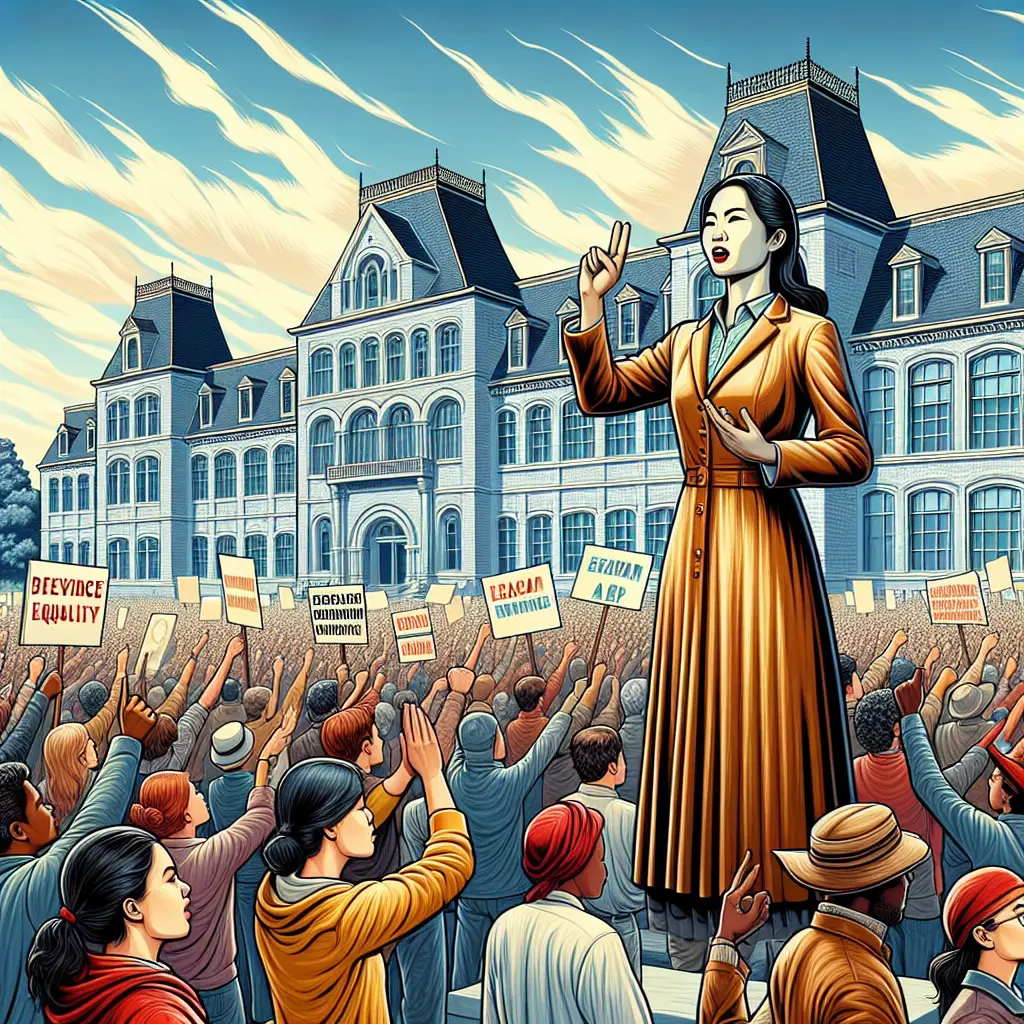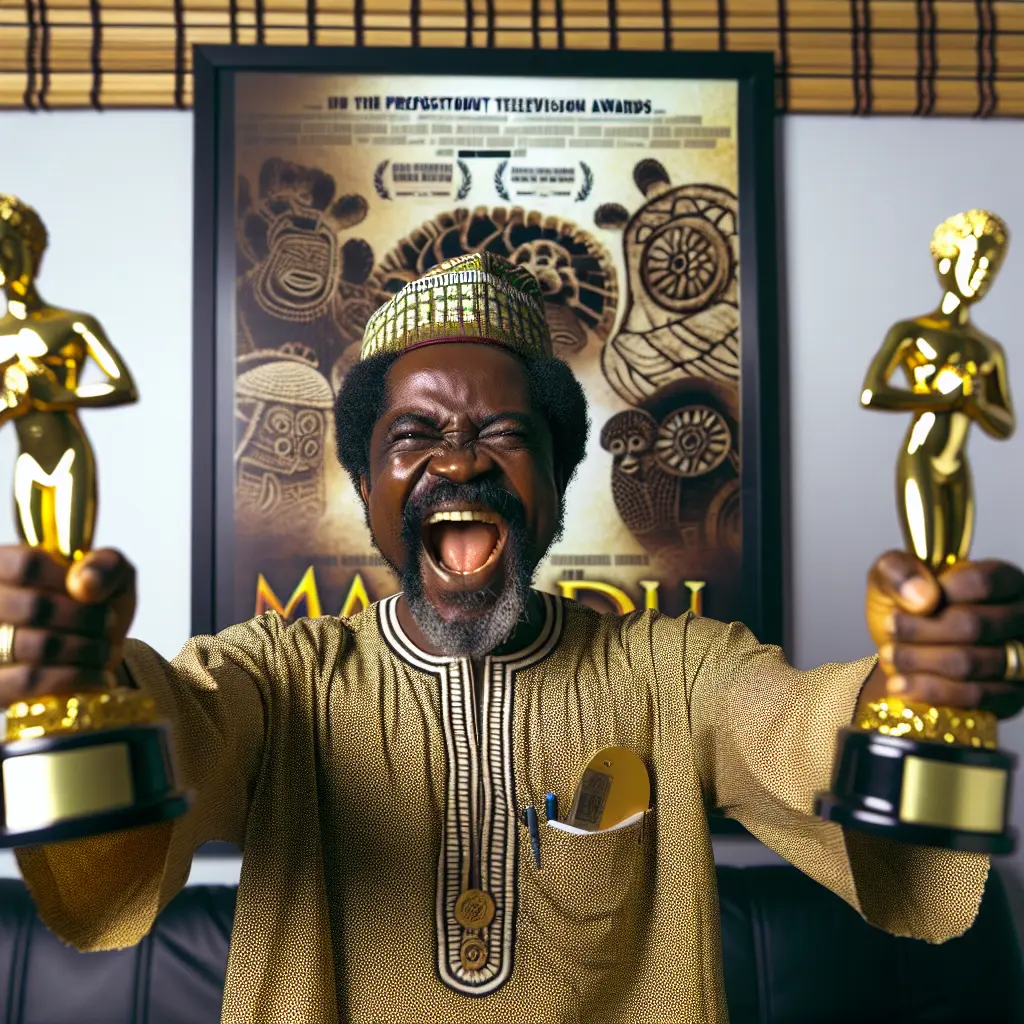Some documentaries do more than just tell a story—they shine a light on forgotten tragedies and demand that society pays attention to the voices left unheard.
In the ever-evolving landscape of true crime documentaries, certain stories have emerged not just to inform, but to transform public perception and spark wider conversations about justice, media coverage, and the lives of the marginalized. One such case is that of Evelyn Hernandez, a young mother whose disappearance and murder in 2002 were tragically overshadowed by the concurrent and highly publicized Laci Peterson case. Hulu’s gripping documentary, "Murder Has Two Faces," revisits Hernandez’s case, amplifying its resonance and illustrating how documentaries can become catalysts for social awareness and change.
Rewriting History: The Power of Documentary Storytelling
Documentaries like "Murder Has Two Faces" do more than recount facts; they recontextualize stories for new audiences, often uncovering overlooked injustices or biases that have shaped public memory. In Hernandez’s case:
Media Disparity: Despite striking similarities to Laci Peterson's case—both women were pregnant and vanished around the same time—Hernandez’s story received a fraction of the media attention. This discrepancy raises pressing questions about whose stories are deemed newsworthy and why.
Unsolved Mysteries: Documentaries frequently highlight cases that remain unresolved. By putting them in the spotlight, they keep pressure on law enforcement and the public, sometimes even surfacing new leads or witnesses.
Why Documentaries Like This Matter
The impact of documentaries on cases like Evelyn Hernandez’s cannot be overstated. Here’s how they change the world:
Raising Awareness: Bringing attention to underreported crimes forces society to reckon with biases—whether racial, socioeconomic, or otherwise—that influence coverage and investigation.
Encouraging Activism: Viewers moved by such stories are often inspired to support advocacy groups, contribute to investigations, or demand systemic reform.
Changing Narratives: By centering forgotten voices, documentaries help correct the historical record and challenge dominant narratives that marginalize certain communities.
Key Takeaways from "Murder Has Two Faces"
Evelyn Hernandez’s case is a stark reminder of countless missing persons who have not received justice or closure. The documentary examines not just the facts of the crime, but also the wider cultural context that allowed her story to slip through the cracks. It serves as an urgent call for equality in how we remember and seek justice for all victims.
As we reflect on documentaries that have truly changed the world, it’s clear that their greatest power lies in their ability to give voice to the voiceless. By shining a spotlight on Evelyn Hernandez, "Murder Has Two Faces" joins the ranks of transformative works that have forced society to confront uncomfortable truths and inspired action where silence once prevailed.
Looking Forward: Documentaries as Agents of Change
To delve deeper into this poignant case and the documentary’s impact, you can read more at this article.
May we continue to seek out, share, and support documentaries that demand justice for all—and change the world, one untold story at a time.







Leave a Comment